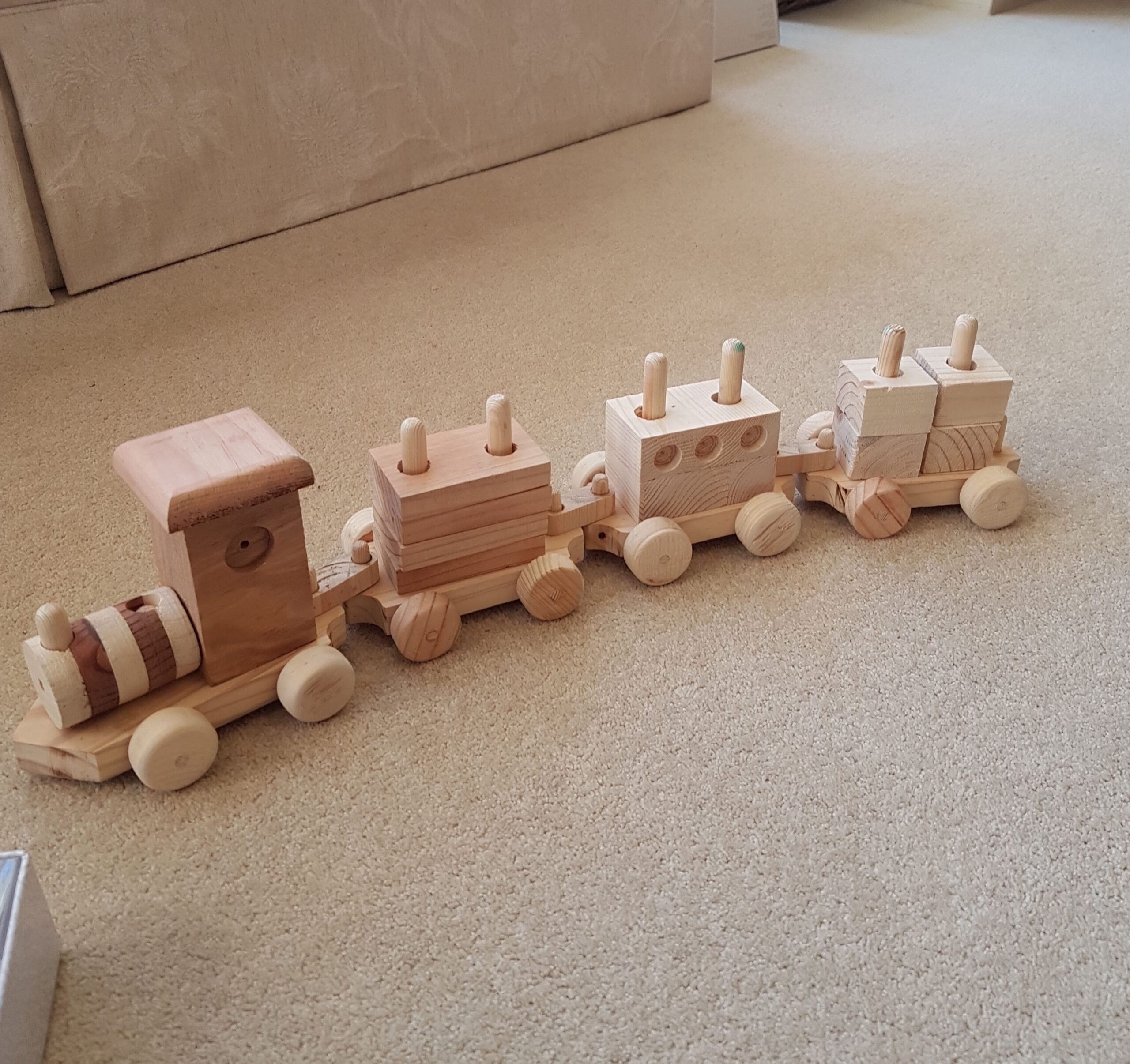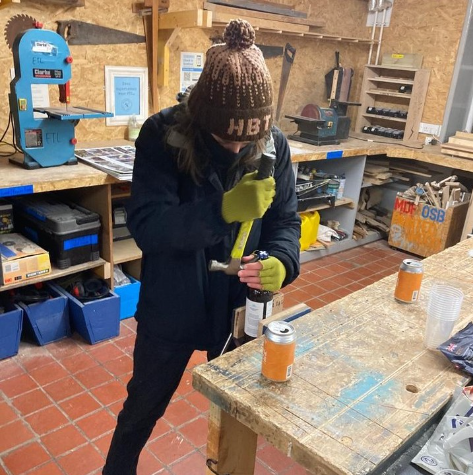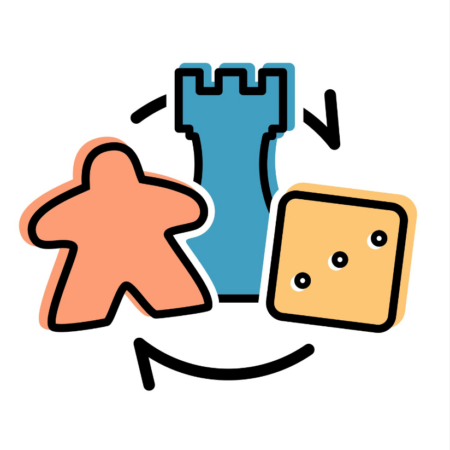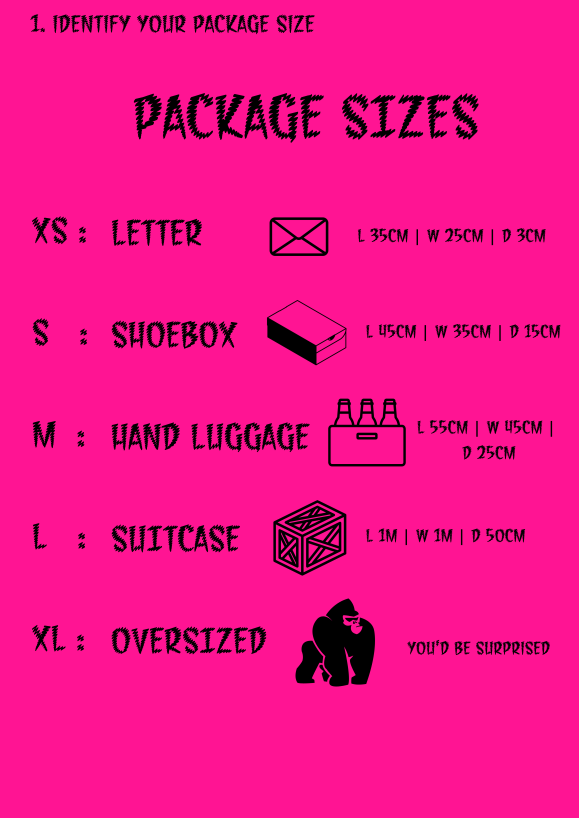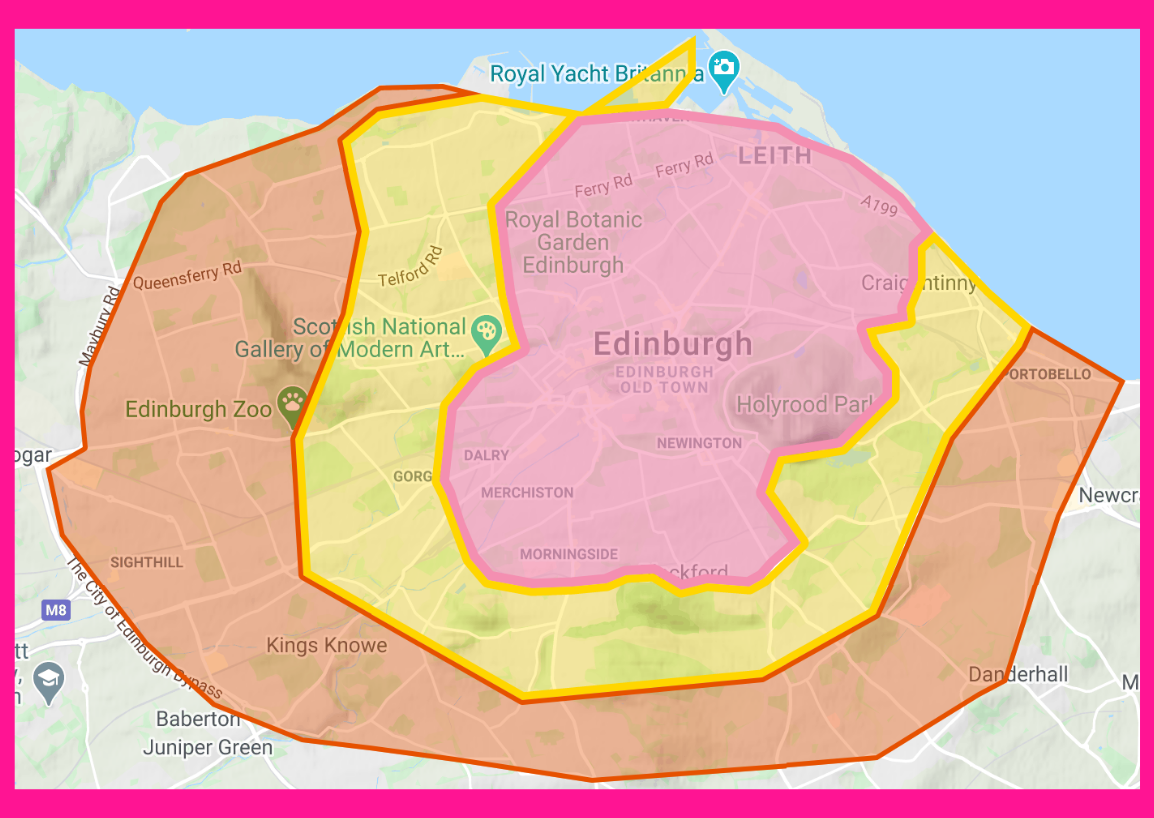
Let’s face it – Christmas shopping can feel like a bit of a nightmare. Endless crowds, mountains of wrapping paper, and gifts that’ll probably end up gathering dust in a corner. At ETL, we’re here to shake things up this festive season! What if we could give gifts that actually mean something? Gifts that don’t just bring a moment of excitement, but make a real difference to people and our planet. We originally published this guide in 2020, and have updated it to share a fresh collection of sustainable present ideas that prove you can be kind to your loved ones and kind to the environment at the same time. We’re talking about gifts that spark joy, reduce waste, and might just help save the world (ok, maybe that’s a bit ambitious, but you get the idea…).



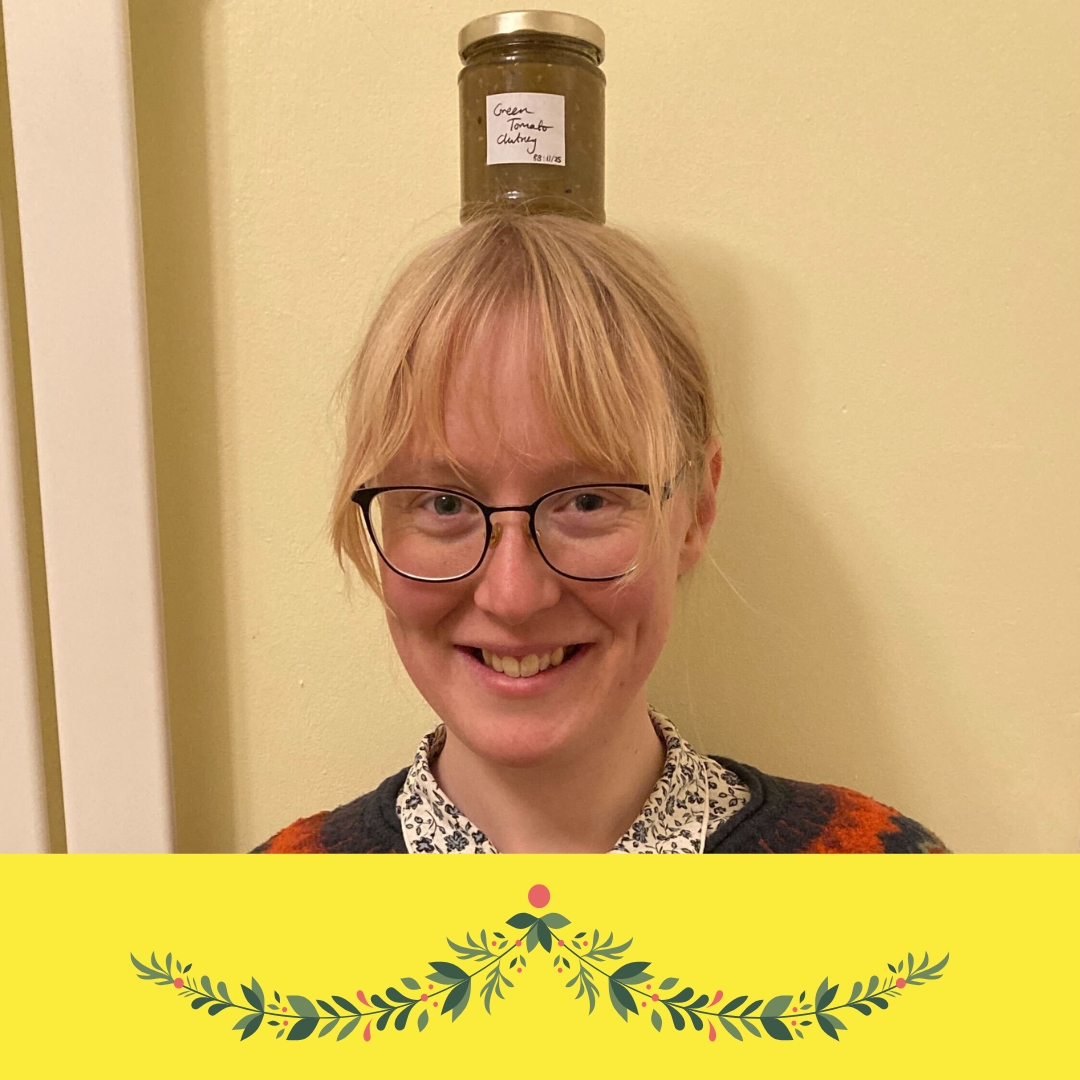
1. Gift some greenery
Seeds, seedlings or plants brighten up every home and are also brilliant air cleaners!
2. Gift your time
Whether you’re a whizz at fixing bikes, a gardening guru, or just really good at helping someone tackle that DIY project they’ve been putting off, your skills and attention are worth more than any store-bought present.
Tooligan Cécile says: “I love giving a declutter-your-wardrobe/home voucher. It’s simple: I come for a day and help the gift recipient with their decision fatigue! This you keep, this you give, this you recycle…”
3. A race entry
The perfect gift for all the runners and cyclists in your life! And it gives them something to look forward to – we all need it!
4. A gift voucher for a tattoo
It’s a gift for life! There are many talented tattoo artists + you can even ask for an Edinburgh Tool Library design 😉
5. ETL membership (or classes)
Tool Library memberships make excellent gifts! Who doesn’t want to get 2000+ tools and two workshop spaces in their stockings. Buy an ETL gift card today.
6. The gift of knowledge
The perfect gift can be found at the other beloved libraries in our community: borrow a curated selection of books on a theme that you know the person will love.
7. Gift your recipes
Forget fancy kitchen gadgets and single-use cookbooks. What about sharing a collection of tried-and-tested recipes that help people cook delicious meals while reducing food waste? Create a personalised recipe collection that goes beyond just ingredients—include tips for using up leftover vegetables, ways to transform sad-looking produce into something magical, and tricks for storing food to make it last longer.
8. Gift something handmade
Handmade presents are the ultimate sustainable superheroes—each one tells a story, saves resources, and shows you’ve invested real thought and effort.
Tooligan Sarah says: “I have made several big batches of chutney to give as gifts this year – pretty easy to do, lasts a long time in the fridge and is good for the type of person who has everything already. I had never tried making my own chutney until recently and I don’t know why, its pretty easy and much tastier than shop bought!”
9. Gift a playlist
A carefully curated playlist is the ultimate zero-waste present that costs nothing but time and creativity. This isn’t just about throwing together some random tracks—it’s about crafting a musical journey that speaks directly to your loved one.
10. (Another!) Sharing library membership
A membership to a local sharing library is more than a gift—it’s an invitation to join a community that values access over ownership.
Tooligan Ed says: “I love giving a library membership, be that tools, board games, bikes, toys, musical instruments… there are lots of libraries!”




Did you know the UK spends a combined total of around £700 million on unwanted presents each year? *
So, our final tip? Just ask what your loved ones want or need! The mountain of unwanted gifts cluttering up landfills is, quite frankly, bananas. By having a simple conversation with your loved ones about what they actually need, you can cut waste, save money, and give a gift that’ll genuinely be appreciated.
Happy holidays everyone!
*. phs WasteKit blog: ‘How much waste does the festive seasion create’

